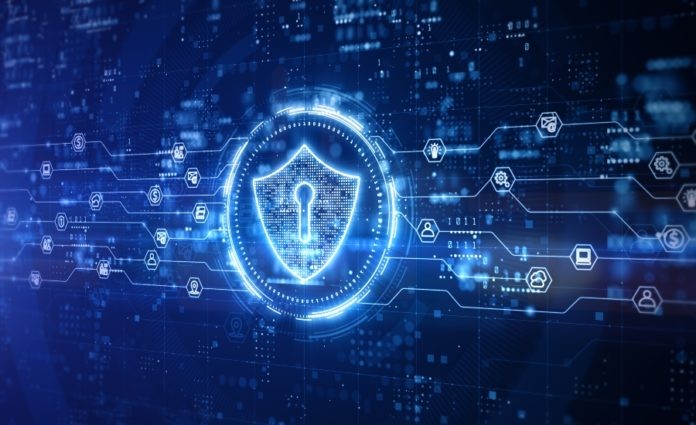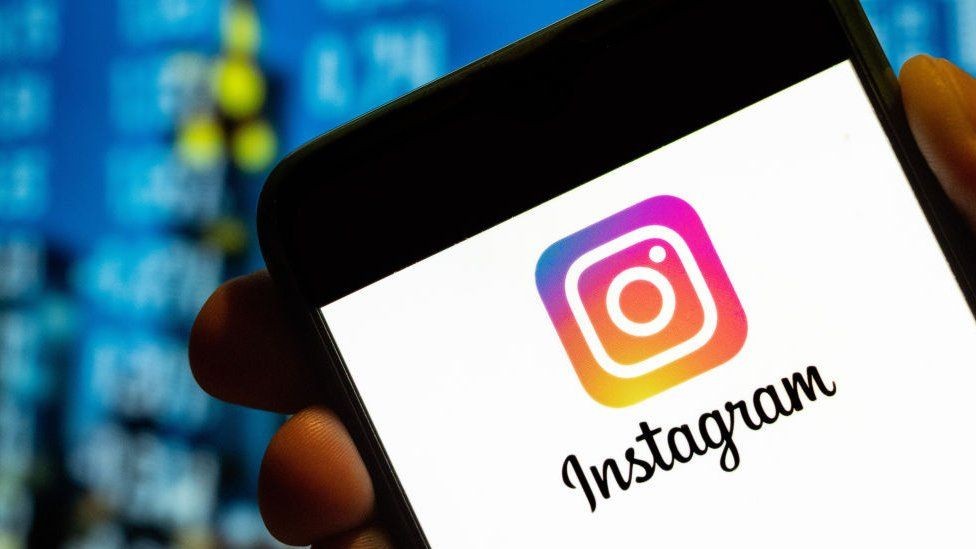
During the COVID-19 crisis, there was a significant overnight transition to a wholly remote work situation, which has increased the urgency and difficulty of endpoint security. The Covid pandemic has compelled companies all over the world to embrace a work-from-home culture. While there are many advantages to this change in work dynamics, it has also highlighted security issues related to remote work.
How secure is remote work, though? What’s more, why is it required?
Remote Endpoints. What are they?
A remote endpoint maintains constant communication with the linked network. Mobile devices, Internet of Things (IoT) devices, data servers, Desktop computers, tablets, and workspaces are a few typical examples of remote endpoints.
Endpoints are effective for:
- Remote access by employees to an organization’s IT infrastructure. Employees can work remotely on endpoints like Desktops and laptops to perform systems and processes.
- Customers can directly connect to an organization’s digital interface and browse listings.
- Attackers use it to break into an organization’s network and alter confidential data.
What makes Endpoints highly vulnerable?
Endpoints provide a point of access for clients, employees, and attackers alike. Cyber attackers use endpoints to run malicious code exploiting loopholes and take advantage of security flaws. Remote endpoints used by workers are susceptible to cyberattacks which connect to the company’s internal resources. Cyberattacks can access the company’s internal network and access private information or expensive assets. The availability and dependability of the service may suffer from such an attack.
How can we ensure Endpoint protection?
- Develop a strong cybersecurity policy: Making sure that every employee is aware that information security is a top priority is the initial step in safeguarding company data. A cybersecurity policy should be established as a good place to start. The policy document should explain the justification for needing a policy in the first place, in addition to all of the security protocols that employees are expected to follow, how the corporation will assist them in following those protocols and a room for the worker to sign their contribution to doing so.
- Boost endpoint security from all directions: How about endpoint protection? What are the optimum methods here? Companies should first check to see that all drives have been encrypted. Fortunately, they can obtain updates from their management techniques on the status of the encryption, aiding in the detection of any potential weaknesses. End users should really be cautioned against using inexpensive knockoff devices like cameras or lights as an additional measure to create Personal computers and endpoints as secure as possible. Next remind users to store their critical documents in the company’s cloud-based system for document management rather than locally on their PC.
- Increase network security by using a VPN: Any company should strongly consider requiring its end users to use a virtual private network (VPN) in order to access company resources, even when doing authorized personal work. Any company should strongly consider requiring its end users to use a virtual private network (VPN) in order to access company resources, even when doing authorized personal work.
- Train employees in cyber security on a regular basis: Only 31% of workers obtain yearly company-wide cybersecurity training or updates, according to a recent Small Biz Trends study. Since your remote workplace is an unarguable asset business must engage in their training because the system will never be completely secure without it.
- Develop a security response strategy: It is essential to have an incident response plan. It increases the readiness of your team in the event of a pandemic or cyberattack.
The Covid pandemic has resulted in several trends, and the vision of corporate regime will undoubtedly include a large amount of remote work, telework culture, and a hybrid workforce. Because of this, organizations cannot afford to ignore the security of remote work.
Major Privacy Updates of the Week

Irish DPC Fines Instagram for Children’s Privacy Violations
The Irish Data Protection Commissioner imposed a €405,000,000 fine on Instagram (a Meta-owned social media platform) for violations of the EU General Data Protection Regulation’s rules on the processing of children’s personal data. The fine is the result of an investigation that began in 2020 and focused on the company’s processing of children’s personal data. As a result of the investigation, children’s phone numbers and email addresses were publicly accessible.

Samsung hit by Cybersecurity breach, Customer’s personal data exposed
Samsung suffered from a cybersecurity incident. The company became a target of hackers at the end of July, and by early August, the company said that some US customer data had been compromised. Credit card numbers and social security numbers were not affected but other details like name, contact and demographic details, date of birth and product registration data were compromised. The company did not disclose the exact number of affected individuals. Samsung said that it will be sending emails to those who got their details exposed to the hackers.

US Internal Revenue Service mistakenly leaks confidential taxpayer data
The U.S. IRS accidentally posted confidential information of 120,000 taxpayers. The leaked data were from form 990-T, which details some business income for retirement plans. Information such as names, contact information and financial information was posted. The IRS traced the problem to a human coding error that tied the data with public data.

International hotel giants InterContinental Hotels Group (IHG) hit by a cyberattack
Intercontinental Hotels Group (IHG), the parent company of brands including Holiday Inn, Crowne Plaza, and Regent hotels, has confirmed that it has been subject to a cyberattack. The booking channels and other applications” had been disrupted by the attack. IHG confirmed it was assessing the nature, extent and impact of the incident and had implemented its response plans including appointing external specialists to investigate the breach.

Japan Government site hit by apparent cyber-attack
The Japanese government’s web portal e-Gov was hit by a cyberattack and became inaccessible Tuesday, its cybersecurity response center said, with a pro-Russian hacker group appearing to claim responsibility for the incident. The National Center of Incident Readiness and Strategy for Cybersecurity said the website came under a so-called DDoS attack, in which a network is overwhelmed by hackers sending floods of data from multiple sources over a short period.
Curated by: Prajwala D Dinesh, Ritwik Tiwari, Ayush Sahay
WEEKLY PRIVACY NEWSLETTER
Keep up to pace with this high-impact weekly privacy newsletter that
features significant data privacy updates, trends, and tools that can
help to make your life secure & easier every day!
*By clicking on subscribe, I agree to receive communications from Tsaaro


